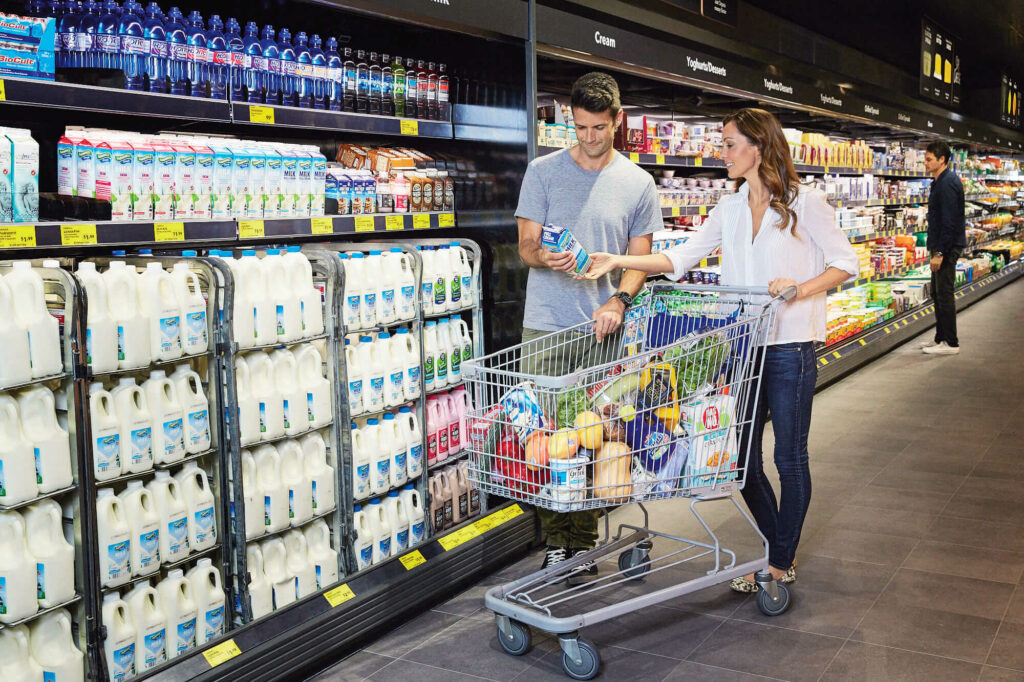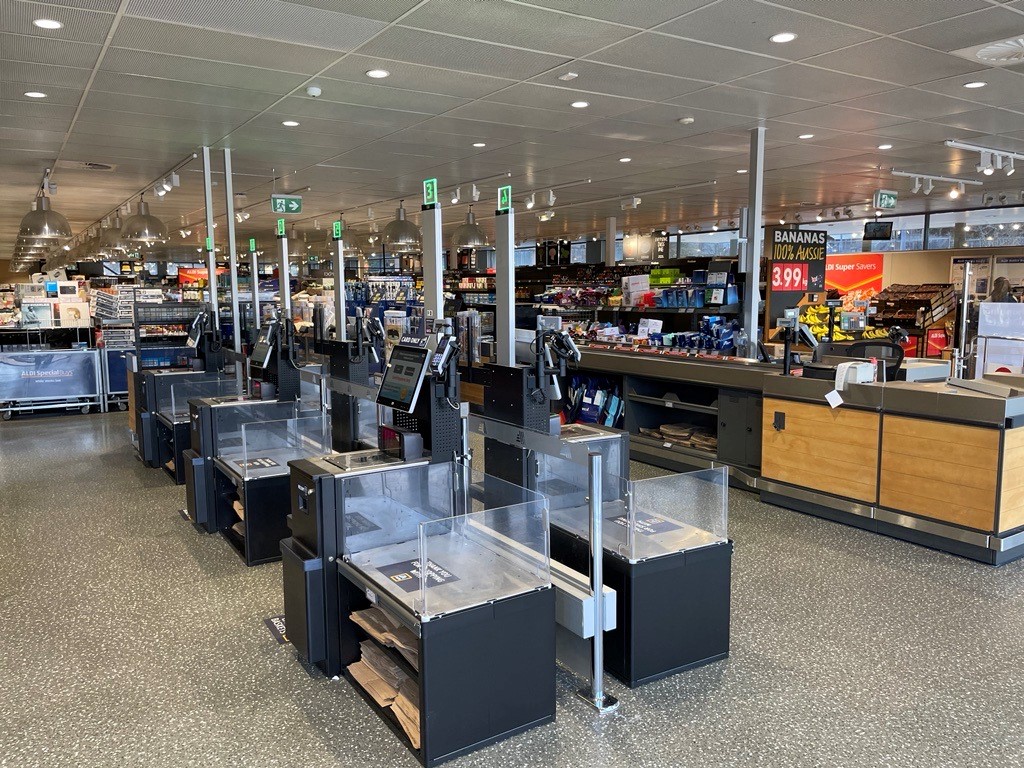By Oliver Bongardt, Managing Director, Buying, ALDI Australia
There is no doubt that the dairy industry is currently facing a number of challenges. The ongoing drought has negatively impacted many farmers, particularly those in northern New South Wales, Queensland and more recently northern Victoria and parts of Gippsland. Unfortunately, the dairy industry is only one of many agricultural sectors that are under pressure.
ALDI has always worked responsibly, ethically and collaboratively with suppliers at all times and we continue to do so. The most meaningful and effective action ALDI can take as a grocery retailer in response to the difficult conditions that face many primary producers is to work with the suppliers with whom we have direct relationships. In the case of milk, our suppliers are the major milk processors. To this end, ALDI has accepted significant cost price increases in recent times from our milk processors to properly reflect market conditions. We in turn expect all our suppliers, including milk processors, to deal fairly with primary producers by paying sustainable prices.
ALDI makes its retail price decisions based on many factors including retail prices charged across the market; not solely based on the cost prices that we pay to suppliers. In the case of milk, ALDI has absorbed these costs increases so far and has not passed them on to our customers. Ensuring that we provide the lowest everyday prices to the Australian community is integral to our customer promise. ALDI will continue to monitor retail prices in the market and continue its ongoing engagement with our milk processors to ensure we pay appropriate and sustainable cost prices and in turn that they act in good faith with dairy farmers.
ALDI is not supportive of retailer-lead initiatives that seek to bypass the normal supply chain and channel money directly from retailers to primary producers, whether for the dairy industry or any other of the many agricultural sectors currently impacted by difficult conditions. In the case of the dairy industry, this would amount to over 5,600 individual primary producers. ALDI can best support the long term sustainability of the dairy industry by accepting price increases from milk processors that reflect difficult market conditions thereby facilitating its milk processors to pay sustainable prices to dairy farmers.
The ACCC Dairy Inquiry Final Report was published in April 2018 and the report contained several recommendations for structural reform. Most significantly, the ACCC recommends that a mandatory code of conduct be introduced to address specific market failures. With consultation on the code finally concluding, ALDI eagerly awaits the introduction of the code to Parliament for urgent approval. Beyond the ongoing engagement with suppliers, ALDI stands ready to work with the Government on any coordinated initiatives to strengthen and support the sustainability of the dairy industry.





